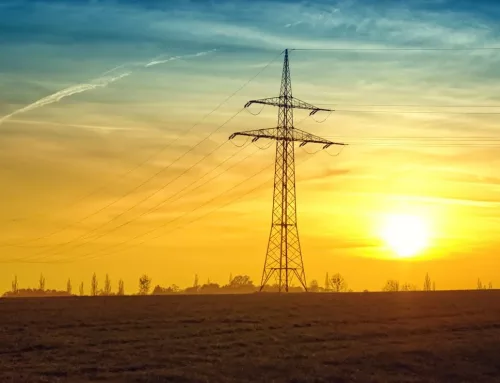Germany’s Energiewende (energy transition), popularised in the 1980s book Energiewende: Wachstum und Wohlstand ohne Erdöl und Uran (Energy Transition: Growth and Prosperity Without Oil and Uranium), is commonly associated with the country’s chancellor, Angela Merkel.
Yet the Energiewende dates back much further than the 21st century, emerging as early as the late 1970s as part of an anti-nuclear movement. The Orwellian-esque book highlighted the oil crises amid the Cold War where Soviet gas imports were proving problematic (sound familiar?) and advocated for the country to begin exploring alternate energy options.
As such, the Energiewende began as an approach to phase out Soviet-reliant resources and improve energy efficiency, energy security, and use of renewables. Yet while the concept of climate change and planet saving took a few more decades to catch on, the Energiewende was already creating an emerging job market.
In 2004, the renewables industry accounted for just 160,500 jobs. According to reports, between 1995 and 2012, the energy efficiency measures created more than 400,000 new jobs in renewables, including those related in the building sector and consulting services. Within the sector, wind energy accounted for the most jobs, followed by biomass and solar. In terms of impact on business, the University of Oldenburg found 170,000 start-ups in the ‘green economy’ were founded between the years of 2006 and 2013 (81 per cent of all start-ups founded in this period).
In 2013, the Gross Employment for Renewable Energy in Germany in 2013 report, released almost a decade ago by the Institute of Economic Structures Research for the Federal Ministry for Economic Affairs and Energy, estimated 371,400 jobs (gross) in energy production and supply, the manufacturing of hardware, publicly funded research and administration, and the service and maintenance of renewable energy facilities.
From blue-collar solar-panel cleaners and housing-insultation specialists, to white-collar strategists and C-suite leaders, Germany’s move to a low carbon economy with renewable energy sources has been shaping businesses and the jobs market long before others.
Yet as Ulrike Lehr, economist for the Institute of Economic Structures Research previously said, the Energiewende’s scope to create future growth and jobs in Germany “depends on how seriously it is taken by policymakers and the private sector.” She continues, “If policy doesn’t back renewable energy expansion and energy efficiency, much of the investment will be squandered.”
We’ve previously written on how important it is to harmonise policy with groundwork. Germany’s Easter Package, which rewrites energy policy to double onshore wind capacity, triple the pace of transition, and quadruple offshore wind and solar generation, is the action we need to get where we need to be. But in order to achieve ambitious energy transition targets, skilled personnel must be in the right places. Here at Hyperion, we are working to equip the organisation to make positive change with the right skilled human capital.
We work on finding the most talented individuals for the fastest-growing companies in the DACH region, including Inyova, Electrochaea, and others listed on the Global Cleantech 100, the leading companies in cleantech today. If you’re seeking a high-achieving, highly impactful, and highly meaningful C-suite and leadership role in Germany’s cleantech, clean energy, future mobility, and smart cities sectors, get in touch.


